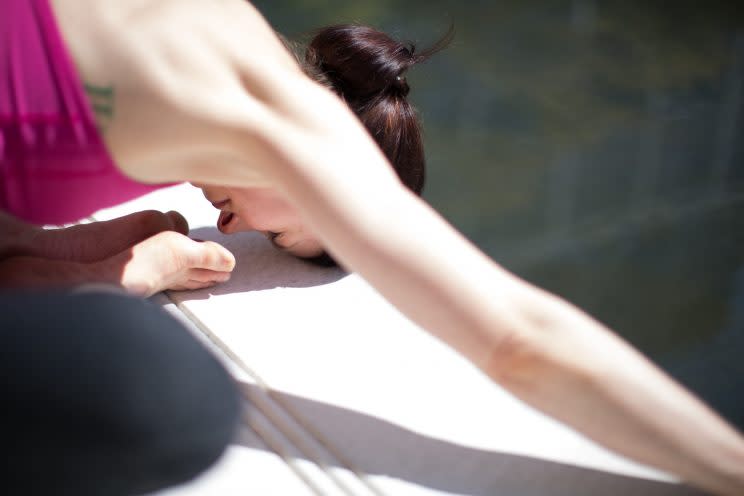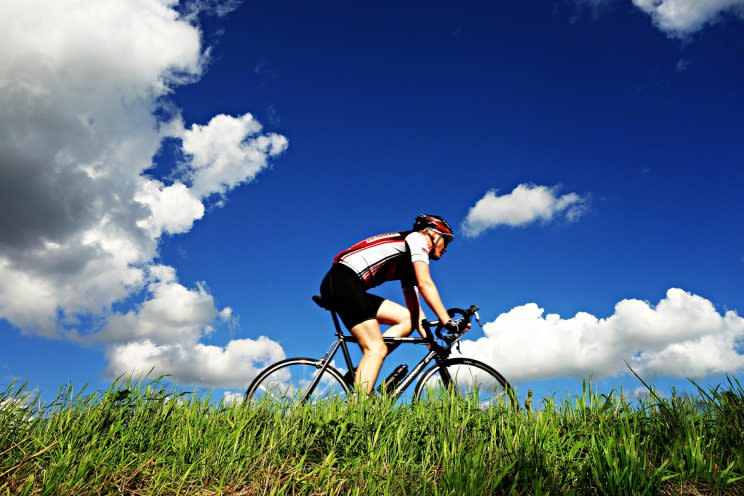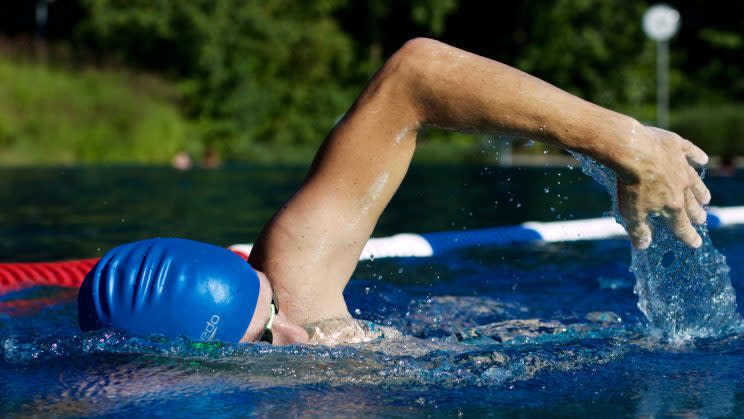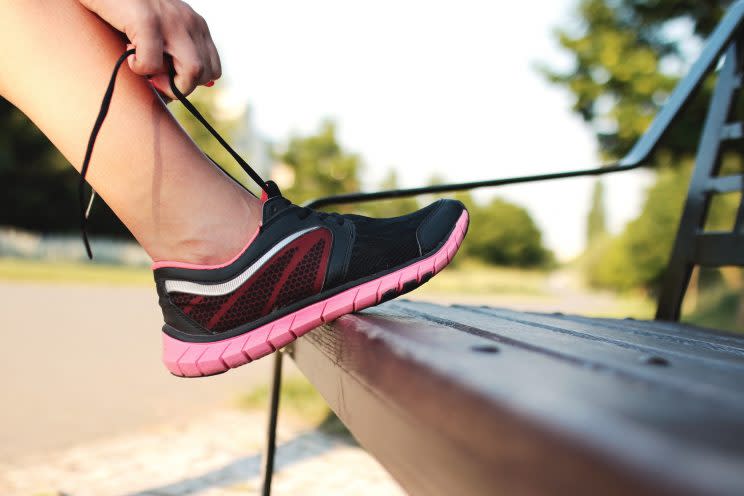Believe it or not, overexercising can put your health at risk

During a workout, we usually push ourselves as hard as we can.
Good on us, right?
Apart from in rare circumstances in which is absolutely isn’t a good thing; in fact, going beyond our limits can do us some serious damage in the long run.
Rhabdomyolysis, sometimes shortened to ‘rhabdo’, is a rare condition usually found among soldiers, athletes and other people with physically-demanding jobs.

It’s when your muscle fibres work too hard and essentially self-combust – releasing toxic material into your bloodstream, making its way into your kidneys and causing organ damage.
The symptoms are pretty vague – feeling a bit nauseous, achy and wobbly after intense exercise – so it’s hardly surprising mild cases often go unrecognised.
And it bad cases, it can be fatal.
But this isn’t the only way in which your workout could hurt you if you don’t take things at your own pace.
Heat exhaustion

While you’d usually relate heatstroke to spending too much time in the sun on holiday, it can also occur when you’re doing very strenuous exercise.
While heat exhaustion is where you become very hot and lose salt and water from you body, heat stroke is when your body is no longer able to cool itself, resulting in your temperature becoming dangerously high.
The latter is less common, but can be life threatening.
Symptoms include dizziness, weakness, a headache and muscle cramps, but can develop into disorientation and a loss of consciousness if left untreated.
Hypothermia

Wait – exercise was the thing making you overheat, right?
Yes, but think about how your body feels after a long run; super hot but, once you’ve paused, it rapidly cools down.
If you’ve gone for a long-distance run in the icy winter months, your sweaty workout gear will cool down fast once you stop running.
So make sure you tie a jumper around your waist for when you’re finished or for if you need a rest at any point.
Prevention is key – once it sets in, hypothermia can be very dangerous if not treated quickly.
Dehydration

Beware getting so immersed in your workout session that you forget to drink water.
When you lose more fluid than what you’re take in, this can upset the balance of minerals in your body, affecting how it functions.
You’ll feel thirsty – of course – but also tired, pass urine less often and have a dry mouth.
Since exercising for long periods makes you lose a lot of body fluid through sweat, keen exercisers are one of the groups most at risk.
So, be careful out there.
Follow us on Instagram and Facebook for non-stop inspiration delivered fresh to your feed, every day. For Twitter updates, follow @YahooStyleUK.
Read more from Yahoo Style UK:
Boots flat out refusing to lower price of morning after pill
Why this woman wants to encourage everyone to screw the sizing


